
Art therapy allows patients to figure out how to use art to access emotions and experiences and to externalize them, one expert said.

Art therapy allows patients to figure out how to use art to access emotions and experiences and to externalize them, one expert said.

I've learned that with cancer, there’s a difference between cathartic venting (a natural stage of grief) and falling into a victim mindset.

My cancer support group was as important to my cure and healing as my oncologist and surgeon.
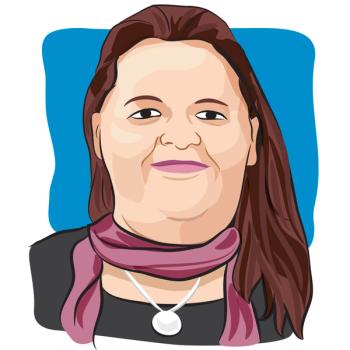
Cancer-related decisions put strain on relationships between myself and family members.

When I was in the throes of cancer, I didn't know how to answer well-meaning people who asked, "How you doin'?"

Cancer took so many experiences away from me, yet I sometimes feel guilty that I survived and others did not.
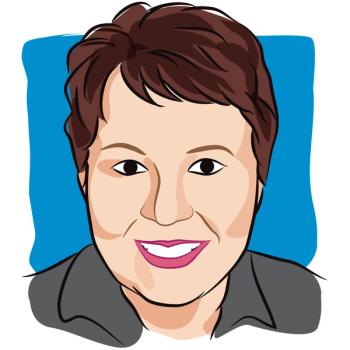
I thought my sensitivity to breast cancer scenarios on television shows had gotten stronger, but it hasn’t.

After experiencing intense scanxiety after my single mastectomy, I decided to go back and have a prophylactic mastectomy.

After I was diagnosed with colorectal cancer and told I needed a colectomy, I knew I’d face physical and financial difficulties after the surgery, but I did not anticipate the emotional toll of my diagnosis.
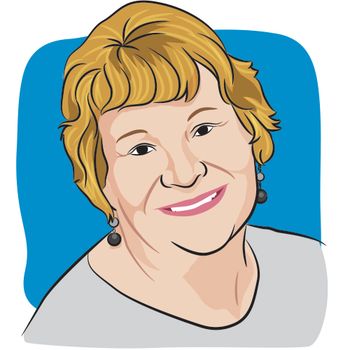
A book I read made me realize the importance of positive thinking — even when going through cancer.

While undergoing cancer treatments, I wasn’t prepared for what it would feel like while interacting with the world outside of the hospital, but I found a few things that helped.

After receiving supportive care during her college cancer journey, this survivor now works to guide other patients through their treatments.

When my wife was going through breast cancer treatment, I started drawing with my non-dominant hand as a means of distraction and self-care.

Patients who are financially struggling due to job loss after a cancer diagnosis may benefit from multidisciplinary back-to-work programs and financial counseling, according to an expert.

I have only one more chemotherapy treatment left, but instead of being excited, I’m afraid that this final brutal treatment may be the end of me.

After being diagnosed with leukemia, my Golden Retriever, Payton, was my emotional caregiver and gave me the will to live.

We asked our audience of cancer survivors how their diagnosis affected their careers. Here’s what they had to say.

Losing my breasts was hard, but losing one of my best friends was even harder, and something I’ve had to come to terms with.

Although patients with cancer may feel both grateful and grief towards their bodies, one expert emphasizes how important seeking support from a professional can be throughout this process.
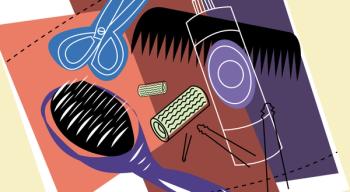
We surveyed the CURE® audience about how cancer impacted their relationship with their hair. Here’s what they had to say.
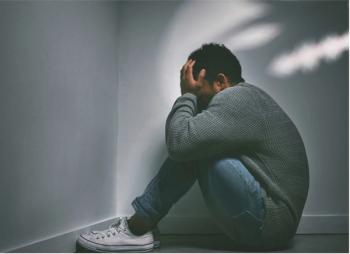
As young adults, survivors of childhood cancers were more likely to report feeling lonely compared with their siblings, emphasizing the importance of screening.

CURE® surveyed its audience to see if cancer has affected their identity. Here’s what they have to say.

My body and mind go through a lot before and after cancer scans. Here is how I bounce back.

When I experienced an alcohol and cancer relapse, I fell into a depression. Thankfully, clinicians, loved ones and medicine helped.

Here are a few tips I’ve found that helped me regain a sense of control after being diagnosed with breast cancer.

The risk for psychiatric disorders increased for spouses of patients with cancer compared with those whose partners did not have cancer.
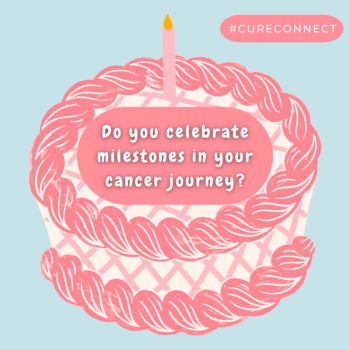
CURE® surveyed its audience to learn how they celebrate milestones in their experiences with cancer, if they do at all. Here’s what they have to say.

As a cancer survivor, major medical appointments cause a great deal of stress. It took my dog throwing up to make me snap out of it.
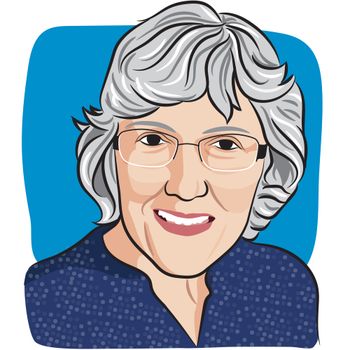
In 2023, instead of looking over my shoulder to see how cancer has invaded every aspect of my life, I’m vowing to face forward. No fear. No uncertainty. No what-ifs.

Now that I’m six years out of my breast cancer treatment, people assume that I’m better and lack empathy. However, my anxiety is still high.